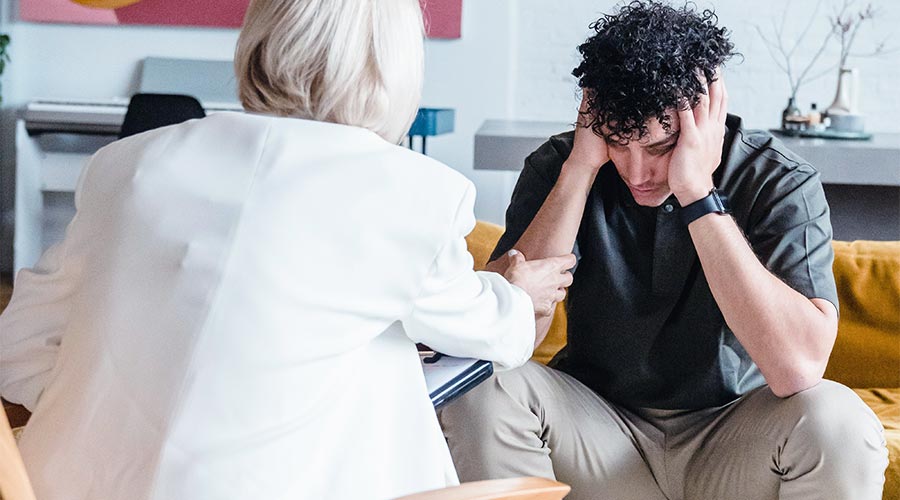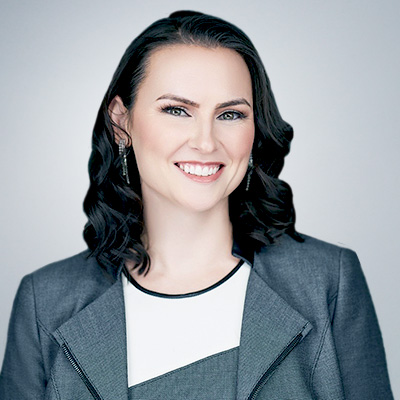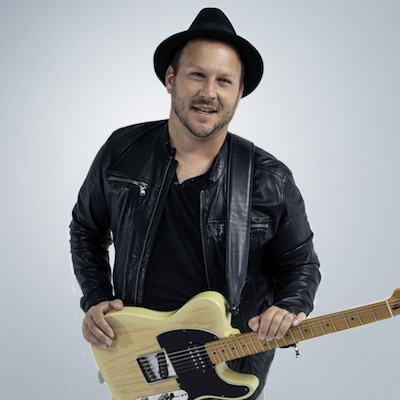

Psychosis
Psychosis is a term used to describe a mental health condition characterized by a loss of contact with reality. People experiencing psychosis may have difficulty distinguishing between what is real and what is not. This condition is usually associated with psychiatric disorders such as schizophrenia, schizoaffective disorder, and bipolar disorder.
Psychosis can be a distressing and disruptive condition, not only for the person experiencing it but also for their family and friends. It is important to seek professional help via mental health treatment if you or someone you know is showing signs of psychosis. Treatment options typically include a combination of antipsychotic medications, psycho therapy, and support services to help manage symptoms and improve overall functioning.
Symptoms of psychosis can vary depending on the underlying cause, but some common signs include:
Delusions
False beliefs that are not based on reality. Delusions can be paranoid, grandiose, or referential. For example, a person may believe that they are being followed, that they have special powers, or that certain events or objects have personal significance to them. Treatment and therapy is proven beneficial in these situations.
Hallucinations
Sensory experiences that are not based on external stimuli. The most common type of hallucination in psychosis is auditory hallucinations, where individuals hear voices that others cannot hear. However, hallucinations can also involve seeing, smelling, tasting, or feeling things that are not there.
Disorganized Thinking
Individuals with psychosis may have difficulty organizing their thoughts and expressing themselves coherently. Their speech may be incoherent or illogical, making it challenging to follow their conversation.
Disorganized or Abnormal Motor Behavior
This can manifest as agitation, repetitive movements, or unusual postures.
Negative symptoms
Some individuals with psychosis may experience a decrease in motivation, lack of emotional expression, social withdrawal, and reduced ability to carry out daily activities.
Treatment for Psychosis and Psychotic Disorders
Education, working with the family, psychopharmacology, and Cognitive Behavioral Therapy (CBT) are the theoretical and evidenced based treatments for psychotic disorders. This combination of approaches allows the client’s to learn about how to cope with their disorder while also informing them about what is actually occurring in the brain. Working with the family on managing the client’s level of stress is an integral part of relapse prevention. The treatment for psychosis typically involves a combination of medication, therapy, and support services.
Here are some common approaches:

Medication
Antipsychotic medications are commonly prescribed to reduce or eliminate psychotic symptoms. These medications work by balancing brain chemicals, such as dopamine, that are associated with psychosis. It’s important to work closely with a psychiatrist to find the right medication and dosage that effectively manages symptoms while minimizing side effects.

Psychotherapy
Therapy, specifically cognitive-behavioral therapy (CBT), can be beneficial for treatment of individuals with psychosis. CBT helps individuals identify and challenge distorted thoughts and beliefs, develop coping strategies, and improve problem-solving skills. It can also address co-occurring conditions like anxiety or depression.

Family therapy
DBT is often used to treat borderline personality disorder and other conditions involving emotional dysregulation. It combines elements of CBT with mindfulness techniques, helping individuals develop emotion regulation skills and improve interpersonal relationships.

Psychosocial Treatment interventions
Psychosocial treatment interventions focus on improving social and occupational functioning. These can include vocational training, educational support, and social skills training to enhance daily life skills, promote independence, and facilitate reintegration into the community.

Hospitalization Treatment
In severe cases of psychosis where the person poses a risk to themselves or others, hospitalization may be necessary for stabilization and ensuring safety. Inpatient treatment provides intensive care, medication management, and a structured environment.

Support services
Peer support groups, community mental health services, and case management can provide ongoing support and assistance with various aspects of life, such as housing, employment, and accessing resources. It’s important to note that treatment approaches may vary depending on the underlying cause of psychosis and individual needs.
Early intervention and ongoing treatment are crucial for managing symptoms, reducing relapses, and improving overall quality of life. If you or someone you know is experiencing psychosis, it’s essential to consult with a mental health treatment professional.
Join the Journey to Healing
Begin Your Journey to a Brighter Life, Free from Mental Health Struggles! Call us today.
Psychosis Research

Studies have shown that patients with schizophrenia often have specific attitudes and beliefs that determine their perception of themselves, other people and the world around them and affect the level of distress such as “I am bad… different… not loved… others can not be trusted… the world is dangerous.” Under the influence of these beliefs, patients experience a decrease of self-esteem, which in turn contributes to their even greater alienation from society, which in itself is a chronic stress effect. (Muzaffar, 2022)

















